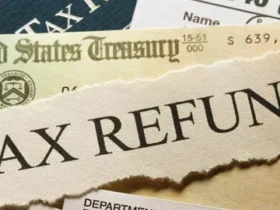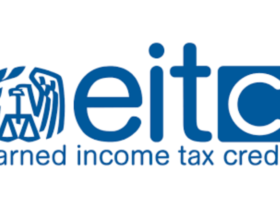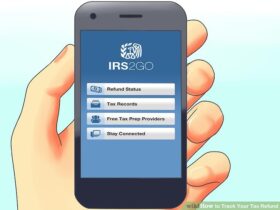Have you ever wondered if you have unclaimed money or property lying in wait? You might be surprised to discover that forgotten assets, such as old bank accounts, insurance payouts, or utility deposits, could belong to you. Fortunately, each state has a system in place to help you locate and claim these unclaimed properties. Here’s how you can uncover hidden money and claim unclaimed property in your state.
What is Unclaimed Property?
Unclaimed property refers to financial assets that have been abandoned or forgotten by their rightful owner. This can include:
- Bank Accounts: Dormant savings or checking accounts.
- Insurance Policies: Unpaid life insurance benefits or refunds.
- Utility Deposits: Deposits or credits from utility companies.
- Wages: Uncashed payroll checks or unpaid salary.
- Stocks and Bonds: Unclaimed dividends or securities.
When a property goes unclaimed for a specified period, it is usually turned over to the state where the property originated. States hold these assets in trust until the rightful owner comes forward to claim them.
How to Find Unclaimed Property
1. Use State-Specific Search Tools
Each state maintains a database of unclaimed property. Here’s how to use these tools:
- Visit the National Association of Unclaimed Property Administrators (NAUPA): Go to the NAUPA website and use their search tool to find state-specific unclaimed property databases.
- Search Your State’s Database: Navigate to your state’s unclaimed property website. Most states have an online search tool where you can enter your name and other identifying information.
2. Check Multiple States
If you’ve lived in multiple states, it’s a good idea to search the unclaimed property databases for each state. You can check:
- Former Residences: Search the databases of states where you previously lived, worked, or had bank accounts.
- Relatives and Friends: Sometimes unclaimed property may belong to family members or friends. You can perform searches on their behalf, with their permission.
3. Search for Specific Types of Unclaimed Property
If you suspect you might have unclaimed property in a specific category, such as insurance or stocks, you can:
- Contact Insurance Companies: Reach out to past insurance providers to inquire about any unclaimed benefits.
- Check with Financial Institutions: Contact banks or brokerage firms where you had accounts to check for unclaimed funds.
How to Claim Unclaimed Property
Once you find unclaimed property, follow these steps to claim it:
1. Verify Your Claim
- Gather Documentation: Collect any required documents that prove your identity and ownership of the property. This may include a driver’s license, Social Security Number, or proof of previous addresses.
- Provide Proof of Ownership: If applicable, submit documents showing your connection to the property, such as old account statements or correspondence.
2. Complete the Claim Form
- Fill Out the Form: Each state’s unclaimed property website will have a claim form that you need to complete. This form typically asks for personal information, details about the property, and your contact information.
- Submit the Form: Follow the instructions on the website for submitting the form. This might include mailing it, submitting it online, or delivering it in person.
3. Wait for Processing
- Processing Time: Claim processing times can vary, ranging from a few weeks to several months. Be patient and check the status of your claim periodically.
- Additional Requests: Be prepared to provide additional information or documentation if requested by the state’s unclaimed property office.
4. Receive Your Property
- Confirmation: Once your claim is approved, you will receive the unclaimed property or a check for its value.
- Keep Records: Maintain copies of all correspondence and documents related to your claim for future reference.
Tips for Successful Claims
- Be Thorough: Ensure that all information provided is accurate and complete to avoid delays in processing.
- Check Regularly: Unclaimed property databases are updated regularly. Periodically check to see if new assets have been added.
- Beware of Scams: Be cautious of third-party companies that charge fees to help you find unclaimed property. Most states provide this service for free.
Additional Resources
- Unclaimed Property Offices: Contact your state’s unclaimed property office for assistance and to verify that you are following the correct procedures.
- Federal Agencies: For federal unclaimed property, such as savings bonds, visit the TreasuryDirect website for information on how to claim them.






Leave a Reply